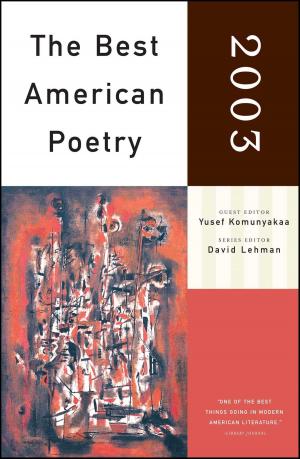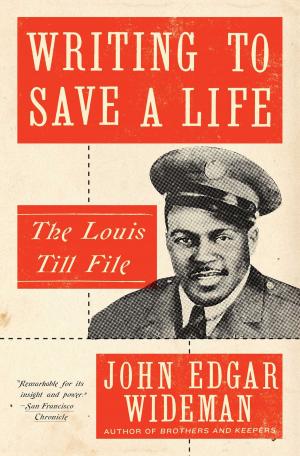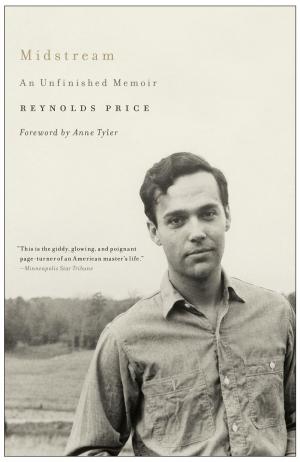The Devil's Advocates
Greatest Closing Arguments in Criminal Law
Nonfiction, Reference & Language, Law, Legal History, History| Author: | Michael S Lief, H. Mitchell Caldwell | ISBN: | 9781416571865 |
| Publisher: | Scribner | Publication: | September 11, 2007 |
| Imprint: | Scribner | Language: | English |
| Author: | Michael S Lief, H. Mitchell Caldwell |
| ISBN: | 9781416571865 |
| Publisher: | Scribner |
| Publication: | September 11, 2007 |
| Imprint: | Scribner |
| Language: | English |
From the authors of the acclaimed Ladies and Gentlemen of the Jury, and featuring some of the most important cases in criminal law, The Devil's Advocates is the final volume of a must-have trilogy of the best closing arguments in American legal history.
Criminal law is considered by many to be the most exciting of the legal specialties, and here the authors turn to the type of dramatic crimes and trials that have so captivated the public -- becoming fodder for countless television shows and legal thrillers. But the eight cases in this collection have also set historical precedents and illuminated underlying principles of the American criminal justice system.
Future president John Adams makes clear that even the most despised and vilified criminal is entitled to a legal defense in the argument he delivers on behalf of the British soldiers who shot and killed five Americans during the Boston Massacre.
The always-controversial temporary-insanity defense makes its debut within sight of the White House when, in front of horrified onlookers, a prominent congressman guns down the district attorney over an extramarital affair.
Clarence Darrow provides a ringing defense of a black family charged with using deadly force to defend themselves from a violent mob -- an argument that refines the concept of self-defense and its applicability to all races.
The treason trial of Aaron Burr, accused of plotting to "steal" the western territories of the United States and form a new country with himself as its head, offers a fascinating glimpse into a rare type of prosecution, as well as a look at one of the most interesting traitors in the nation's history.
Perhaps the best-known case in the book is that of Ernesto Miranda, the accused rapist whose trial led to the Supreme Court decision requiring police to advise suspects of their rights to remain silent and to have an attorney present -- their Miranda rights.
Each of the eight cases presented here is given legal and cultural context, including a brief historical introduction, a biographical sketch of the attorneys involved, highlights of trial testimony, analysis of the closing arguments, and a summary of the trial's impact on its participants and our country. In clear, jargon-free prose, Michael S Lief and H. Mitchell Caldwell make these pivotal cases come to vibrant life for every reader.
From the authors of the acclaimed Ladies and Gentlemen of the Jury, and featuring some of the most important cases in criminal law, The Devil's Advocates is the final volume of a must-have trilogy of the best closing arguments in American legal history.
Criminal law is considered by many to be the most exciting of the legal specialties, and here the authors turn to the type of dramatic crimes and trials that have so captivated the public -- becoming fodder for countless television shows and legal thrillers. But the eight cases in this collection have also set historical precedents and illuminated underlying principles of the American criminal justice system.
Future president John Adams makes clear that even the most despised and vilified criminal is entitled to a legal defense in the argument he delivers on behalf of the British soldiers who shot and killed five Americans during the Boston Massacre.
The always-controversial temporary-insanity defense makes its debut within sight of the White House when, in front of horrified onlookers, a prominent congressman guns down the district attorney over an extramarital affair.
Clarence Darrow provides a ringing defense of a black family charged with using deadly force to defend themselves from a violent mob -- an argument that refines the concept of self-defense and its applicability to all races.
The treason trial of Aaron Burr, accused of plotting to "steal" the western territories of the United States and form a new country with himself as its head, offers a fascinating glimpse into a rare type of prosecution, as well as a look at one of the most interesting traitors in the nation's history.
Perhaps the best-known case in the book is that of Ernesto Miranda, the accused rapist whose trial led to the Supreme Court decision requiring police to advise suspects of their rights to remain silent and to have an attorney present -- their Miranda rights.
Each of the eight cases presented here is given legal and cultural context, including a brief historical introduction, a biographical sketch of the attorneys involved, highlights of trial testimony, analysis of the closing arguments, and a summary of the trial's impact on its participants and our country. In clear, jargon-free prose, Michael S Lief and H. Mitchell Caldwell make these pivotal cases come to vibrant life for every reader.















